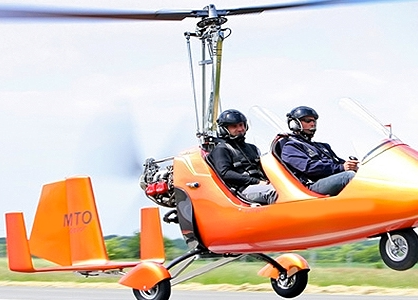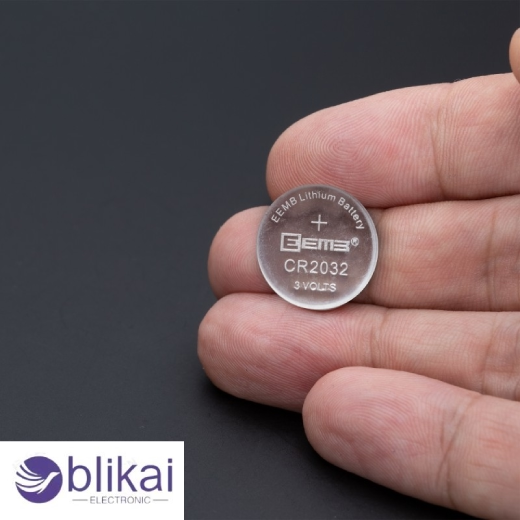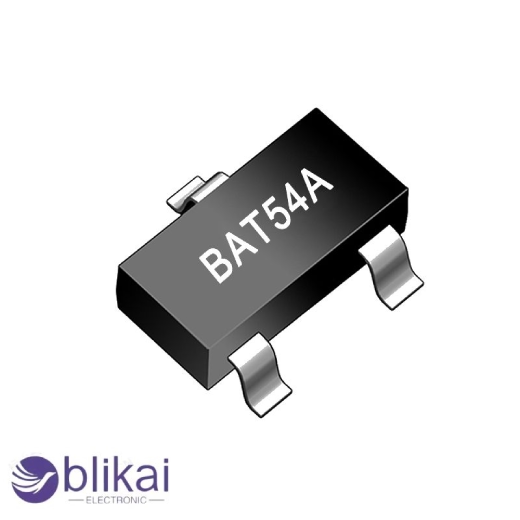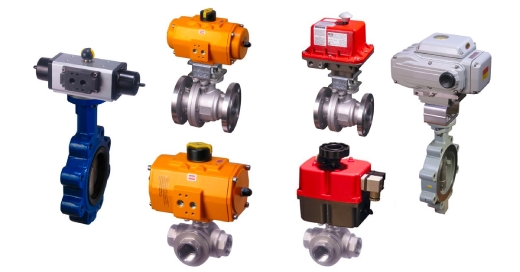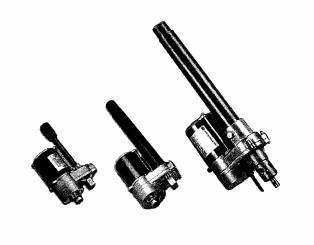
ac actuator
What is an AC Actuator?
An AC actuator is a machine that uses alternating current(AC) as its power source simply and is able of converting electrical energy into mechanical motion. These actuators are constantly employed in multitudinous operations that need for exact force, speed, and position control.

Features of AC Actuators
- High Efficiency
Because AC actuators are made to transform energy effectively, they are a good choice for applications where minimizing energy loss is important. Energy consumption and running costs are decreased by the efficiency of AC actuators.
- Durability
The AC actuator is made to survive under challenging conditions. It needs less maintenance and has a long service life as a result. Because of its sturdy design, it is dependable in industrial settings where continuous operation is necessary.
- Precise Control
Precise motion, encompassing torque, position, and speed, is managed by AC actuators. CNC machining is the secret to delicacy, which is essential for operations like robotics and automation.
- Versatility
AC actuators are protean enough to fit into a range of operations, from artificial ministry to home appliances, and come in a variety of types, similar as motors, solenoids, and direct or rotary actuators.
- Continuous Operation
The AC actuator is appropriate for applications requiring extended periods of continuous performance since it can operate continually without overheating. Particularly helpful in situations with high duty cycles is this capability.
Types of AC Actuators
- AC Motors
AC motors, which are considerably employed in ministry and outfit, transfigure alternating current into mechanical energy. These motors, which come in several kinds similar coetaneous motors for exact speed control and each-purpose induction motors, are reliable and effective.
- AC Solenoids
An AC solenoid is useful for applications like valve control because it generates linear motion using an electromagnetic field. Because it operates continually without overheating, it is appropriate for automation systems and industries with lengthy cycle periods.
- AC Servo Motors
In automation systems, AC servo motors offer exact position and speed control. Developing a feedback system is necessary for automated processes, CNC machines, robotics, and help with right action.
- AC Linear Actuators
For tasks requiring linear motion, AC linear actuators are perfect since they transform electrical energy into linear motion. These actuators are highly capable of supporting heavy loads, allowing for accurate industrial machinery positioning and dependable automation performance.
- AC Rotary Actuators
AC rotary actuators are used in robotics and other systems that need controlled rotation. They transform electrical energy into rotational motion. These actuators are ideal for demanding industrial applications because they offer accurate control and continuous rotation.
Applications of AC Actuators in Automation
- Industrial Robotics
Robot arms and other ministry are controlled by AC actuators, which also carry out tedious and delicate operations like welding, assembly, and oil. The robotization of intricate operations in manufacturing surroundings is contingent upon the perfection and responsibility of AC actuators.
- Automated Manufacturing Systems
AC actuators regulate packing machines, sorting systems, and conveyor belts in automated production lines. They ensure smooth, coordinated operation and handle high-speed, high-volume tasks with consistent precision.
- HVAC Systems
AC actuators are used to regulate faucets, mutes, and reflections in HVAC systems. They acclimate tailwind, temperature, and pressure, maintaining optimal environmental conditions and energy effectiveness in marketable and artificial structures.
- Process Control
In process industries, AC actuators manage the flow of materials through pipelines and reactors. They control valves and gates to regulate the flow rate, pressure, and composition of materials, ensuring consistent and safe processing.
- Automated Material Handling
Cranes, elevators, and automated guided vehicles(AGVs) in material handling systems are all powered by AC actuators. It facilitates the movement and arrangement of goods in distribution centers and storages, boosts affair, and utilizes lower labor.
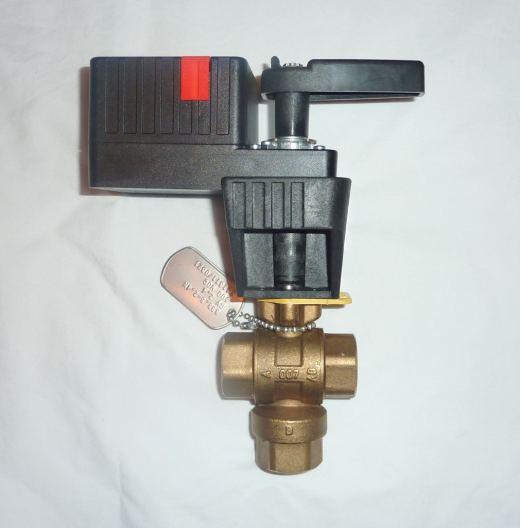
Advantages of AC Actuators
- Energy Efficiency
AC actuators are designed to operate efficiently, converting electrical energy into mechanical motion with minimal losses. This efficiency helps reduce energy consumption and operational costs in various applications.
- Reliability
AC actuators are renowned for their dependability and robustness. Because of its durable design, which makes it resistant to damage and continuous usage, it is dependable in demanding applications.
- Precision Control
Accurate motion control is provided by these actuators. For applications like robotics and automation that demand exact motion, this precision—which includes speed, position, and torque—is essential.
- Versatility
Adaptations can be made to fit a number of operations. AC actuators can be set up in numerous forms, similar as motors, solenoids, and direct or rotary actuators. They can be used in a variety of marketable and artificial settings due to their rigidity.
- Low Maintenance
AC actuators generally require minimal maintenance due to their sturdy design and effective cooling mechanisms. This low maintenance requirement reduces downtime and associated costs, enhancing overall system reliability.
Disadvantages of AC actuators
Complexity in Control Systems
Power Supply Requirements
Size and Bulkiness
Higher Initial Costs
Maintenance and Repair
Incompatibility with DC Power

